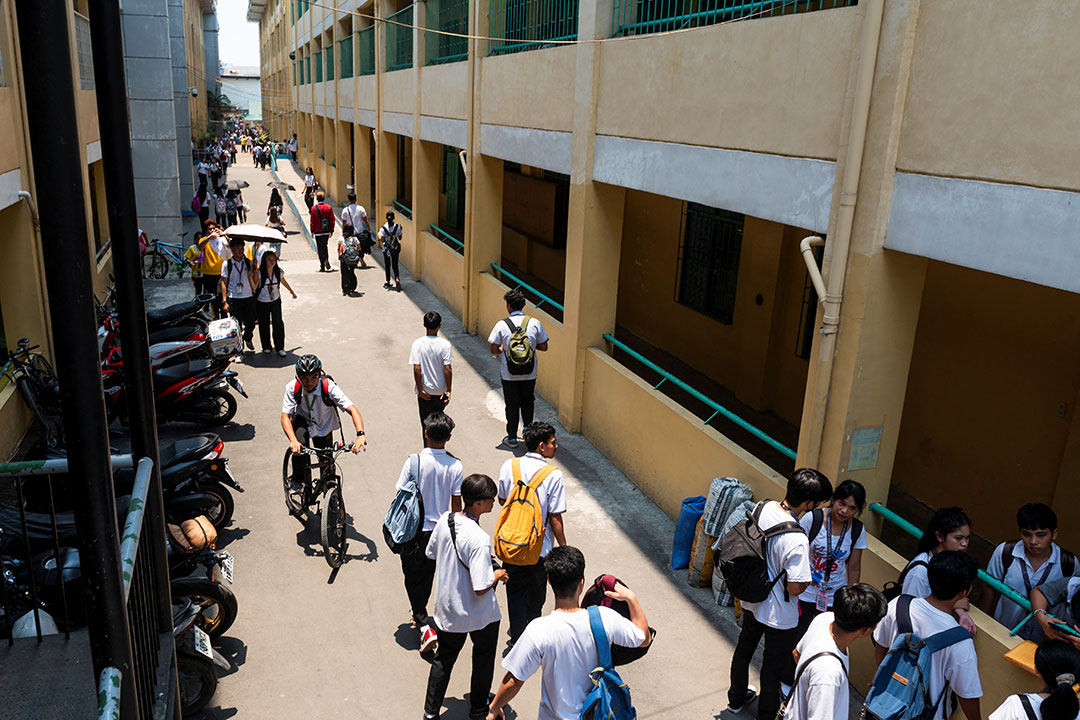
A REPORT showing that about 19 million Filipino high school and senior high school graduates are illiterate should be considered as a “national emergency” and prompt authorities to prioritize education reforms, a congressman said on Thursday.
Around 18.9 million Filipinos who completed secondary education from 2019 to 2024 may be considered illiterate, as they struggle to read and comprehend a simple story, according to a Philippine Statistics Authority (PSA) report discussed in a Senate hearing on Wednesday.
“This is not just a crisis — it’s a national emergency,” Party-list Rep. France L. Castro said in a statement. “When one out of five senior high school graduates cannot comprehend a simple story despite years of schooling, we are looking at a systemic failure that threatens our country’s future.”
A 2022 World Bank report showed that nine of 10 Filipinos are unable to read and understand age-appropriate text at age 10.
“It’s alarming that despite the K-12 program, millions of young Filipinos still struggle to understand what they read,” Ms. Castro said.
A new curriculum, introduced in August 2023, sought to streamline learners’ education by focusing on reading, literacy, and numeracy in the first three schooling years of a student.
In 2024, Education Secretary Juan Edgardo M. Angara said the curriculum, launched by Vice-President Sara Duterte-Carpio during her stint as education chief, will continue to be revised based on the experience of teachers and students.
The Philippine government’s failure to ensure a sufficient budget to the education sector have left schools underfunded and teachers with inadequate salaries, Antonio L. Tinio, a party-list nominee in the midterm elections, said in the same statement.
“The government has consistently failed to meet the UN-recommended education budget allocation of 6% of GDP,” he said in Filipino. “The truth is simple: if investment in education is lacking, teachers and education support personnel receive inadequate salaries, and in turn, students learn less.”
The Philippines only allocated 3.6% of its GDP to education in 2022 according to World Bank data, below the 4-6% benchmark set by the Incheon Declaration.
“We need to double our current education budget to address classroom shortages, hire more qualified teachers, increase the salaries of teachers and education support personnel, provide quality learning materials, and implement effective literacy interventions,” said Ms. Castro.
In 2025, the combined budget of the Department of Education, Commission on Higher Education, Technical Education and Skills Development Authority, and state universities and colleges stood at P913.3 billion.
Meanwhile, an education advocacy group on Thursday said that political candidates for this year’s midterm election should prioritize education in their policy agenda.
“It is time to rise above politics and champion education. We urge the candidates to present concrete plans and real solutions that tackle the learning crisis, workforce readiness, and systemic reforms,” Philippine Business for Education Executive Director Hanibal Camua said in a separate statement.
“Education agencies cannot fix this crisis alone — and without bold, sustained support from elected leaders at every level of government, our most critical goals will remain out of reach,” he added. — Kenneth Christiane L. Basilio